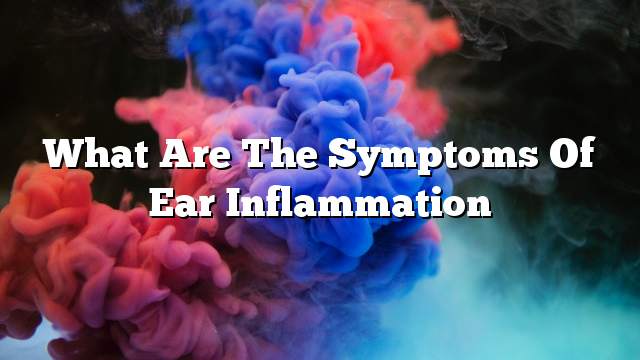Nervous system
The nervous system is one of the organs of the body is very important, as the device acts as a carrier of messages in the body, it takes information from the surrounding environment and then converted to nerve signals transmitted to the brain to make the right decision, and then the orders are transmitted from the brain through the nerves to members Different body. The nervous system is responsible for the organization of many vital processes that take place within the body, such as breathing, digestion, heartbeat, and the nervous system is primarily responsible for all the movements of the human, and all ideas, and all that goes in the mind of the senses Feelings, and all other emotions.
The nervous system is composed entirely of nerves scattered throughout the body, which covered completely from the head to the feet, so as to absorb as much information as possible, which are transferred to the brain, which in turn works to alert the body in order to conduct the appropriate behavior. It is nerves that are scattered in the sensory organs of the nerve located in the ear.
Ear nerve
The nerve of the ear, the auditory nerve, or the cochlear nerve is a nerve in the inner ear. Its task is to turn the sounds that reach it into nerve signals and transmit them to the brain, interpret them, analyze them and know their source until the hearing process is performed, but sometimes the auditory nerve To problems or disorders may shift between the transfer of sounds to the brain, and thus the occurrence of problems and disorders in the hearing process, and one of the most important problems that may affect the hearing process is inflammation of the ear nerve, or the so-called ear infection.
Inflammation of the ear nerve and its symptoms
Or ear infection, which is a disease of the inner ear through the infection of parasitic infections such as bacteria, viruses or other causes of inflammation, which leads to the spread of inflammation in this region in full, to the nerves that feed: the auditory nerve and mellitus, which are responsible for hearing and balance, With the inflammation of the patient suffers from some of the symptoms of auditory and balance, the most important of these symptoms dizziness, loss of hearing (from light to complete loss of hearing), and dizziness; the sense that the injured or the environment around him moving. These symptoms can range from mild to severe. Some patients may feel unable to stay upright. Patients may also have the following symptoms, both in one ear or both:
- Feeling of pressure inside the ear.
- Ringing or ringing in the ear.
- Liquid leakage or pus from the ear.
- pain in the ear.
- Feeling sick or sick in general.
- High temperature up to 38 degrees Celsius or higher.
- Vision changes, such as blurred vision, or double vision.
- Light headache.
- In some cases, the patient may have complete hearing loss.
- There are some conditions that can make the ear infection worse:
- Colds.
- the darkness.
- Walk in busy areas or small rooms.
- Fatigue and tiredness.
- PMS for the sick female.
- The patient should avoid driving, using tools and machines, or working at high altitudes if he is injured; because all this leads to increased vertigo, and the likelihood of the patient being exposed to danger.
Causes of ear nerve inflammation
Infection is usually caused by viral infections and, in some cases, by bacterial infection. Influenza and colds can significantly help the development and development of this disease in some people. In addition, ear infections can directly lead to inflammation of the inner ear leading to neuritis. The ear is less common than colds. Other causes include allergies that cause infections in different areas of the body, including the inner ear, and some drugs that have adverse effects on the inner ear due to direct intervention in the ear. Mlha, or due to the accumulation of substances resulting from the drugs in that region. The following factors increase the risk of infection:
- Drink large amounts of alcohol.
- Fatigue and stress.
- Allergies in the past.
- Exposure to respiratory infections, or ear infections.
- Smoking.
- Use of certain medications such as aspirin.
the cure
In most cases, the ear infection disappears on its own, and usually takes several weeks to months to get rid of all symptoms. If the cause of the disease is diagnosed as a bacterial infection, the doctor should prescribe one of the types of antibiotics specialized in ear infections, but most cases are caused by viral infection Which can not be treated with these antibiotics, so the doctor to describe some drugs that help to reduce the symptoms of the patient, and help the body to get rid of the disease quickly, such as: Some drugs, which may help improve the steroid faster, Such as antihypertensives, antihistamines, and sedatives to help control nausea and vomiting caused by dizziness and inflammation.
